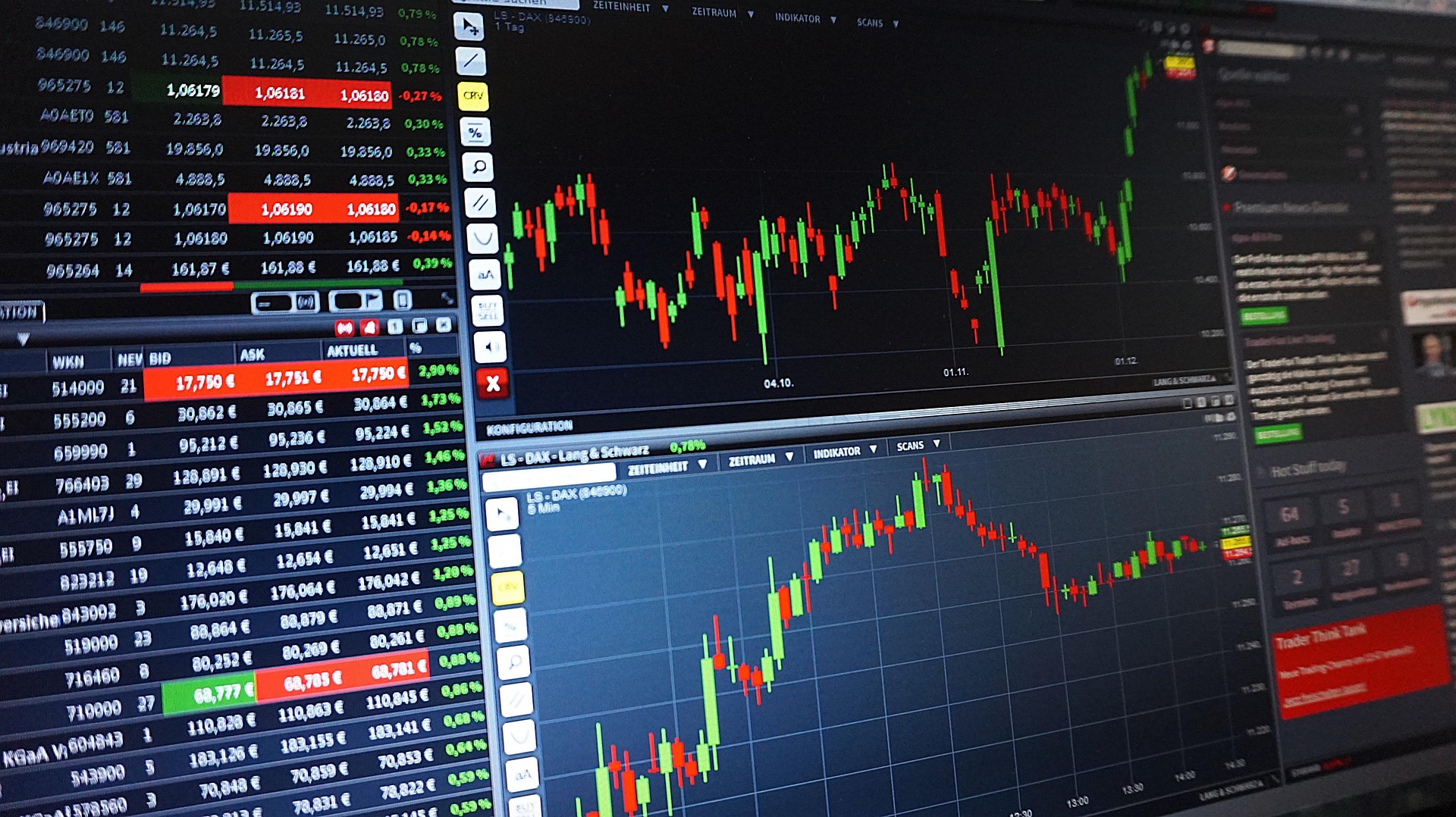Israel Stock Market Trading 0.62% higher despite the ongoing conflict:As Israel and Iran trade missile strikes, Gulf and Israeli markets reel under the pressure. Tel Aviv’s TA35 shows resilience despite early losses, while the Israeli shekel hits its lowest since March. Across the Gulf, markets in Qatar, Kuwait, and Saudi Arabia see sharp declines amid energy supply concerns and flight rerouting. This blog explores how the conflict is unsettling regional markets and what lies ahead for investors.
Israel Stock Market Trading 0.62% higher despite the ongoing conflict
As tensions between Israel and Iran escalate with continued missile exchanges, financial markets across the Gulf have been thrown into turmoil. The conflict’s impact has extended beyond military consequences, deeply affecting investor sentiment and stock performance in key Middle Eastern economies.
In Tel Aviv, the TA35 index experienced significant intraday volatility. Despite early steep losses, it managed to rebound and trades 0.6% higher. This unexpected recovery came on the back of better-than-expected inflation figures for May, which offered a temporary cushion. Additionally, Israel’s government bond prices showed resilience, rising to 0.4% despite the underlying security threats. Israel’s Finance Minister Bezalel Smotrich remarked that this market behavior demonstrates the inherent strength and stability of the Israeli economy.
However, the currency markets painted a different picture. The Israeli shekel weakened sharply, falling to 3.61 per US dollar—its lowest point since March. This indicates growing investor caution and reflects pressure from geopolitical uncertainties.
On the ground, the situation has become increasingly tense. Israel’s Home Front Command implemented stringent civil restrictions, including banning public gatherings, closing beaches, and shifting schools to remote learning. Still, the Bank of Israel assured the public and investors of the system’s resilience by declaring Sunday a regular business day. Key bank branches and payment systems remained functional, further reinforcing confidence in Israel’s financial infrastructure.
Elsewhere in the Gulf, the market reaction was far more severe. Qatar’s main index plunged 2.9%, driven by a sharp fall in major companies. Qatar Gas Transport saw a drop of over 3%, while Qatar National Bank declined 3.3%. The sharp sell-off followed Israeli airstrikes targeting Iran’s South Pars gas field, a vital source of energy in the region.
Kuwait’s main stock index suffered a deeper blow, falling 4.3%. Jazeera Airways was among the worst-hit, slumping 10% as airlines were forced to reroute flights away from conflict-affected airspace. Saudi Arabia’s index also felt the shock, tumbling as much as 3.6% before recovering some of the losses.
Market analysts warn that the situation remains highly fluid. The duration of the conflict and the extent of any potential U.S. military involvement will heavily influence market behavior in the coming days. While some Israeli officials caution that the country could face credit rating downgrades if the crisis persists, they maintain that Israel is entering this phase from a position of economic resilience.
As geopolitical tensions surge, investors across the region are bracing for more turbulence ahead. The next steps from key players like the U.S., Iran, and Israel will likely dictate the region’s financial trajectory.
Disclaimer:
The information provided in this article is intended solely for general informational purposes and should not be construed as financial, investment, legal, or any other professional advice. The views and data presented here are based on current news reports and market trends available at the time of publication and may change rapidly given the evolving nature of geopolitical conflicts such as the ongoing Israel-Iran tensions. Market movements can be highly volatile and unpredictable during such crises.
Readers are strongly advised to conduct their own independent research and consult with qualified financial advisors, analysts, or legal experts before making any investment or strategic decisions. Neither the author nor the publisher of this article shall be held responsible for any financial losses, damages, or consequences arising from the use of the information provided herein.

